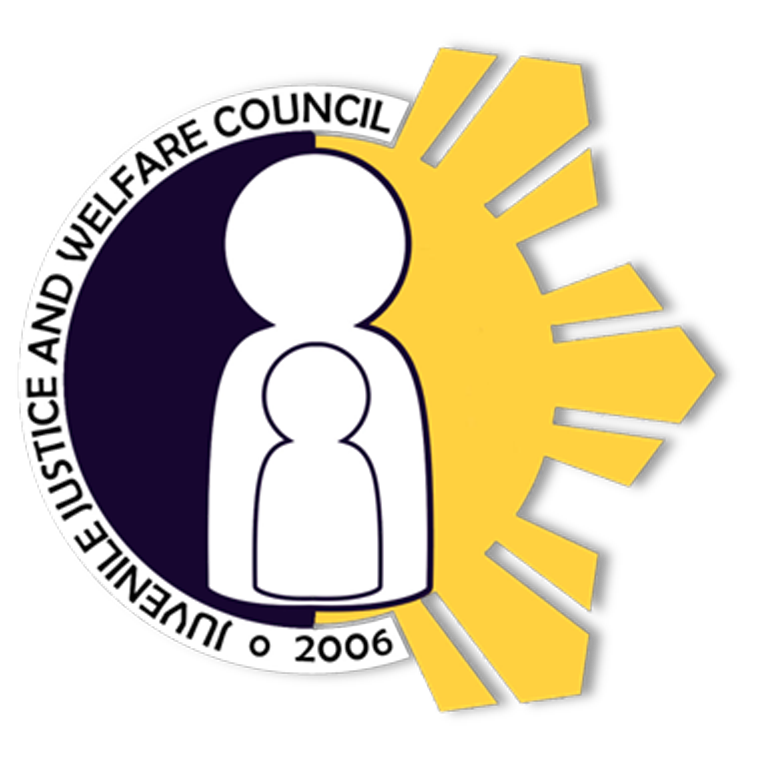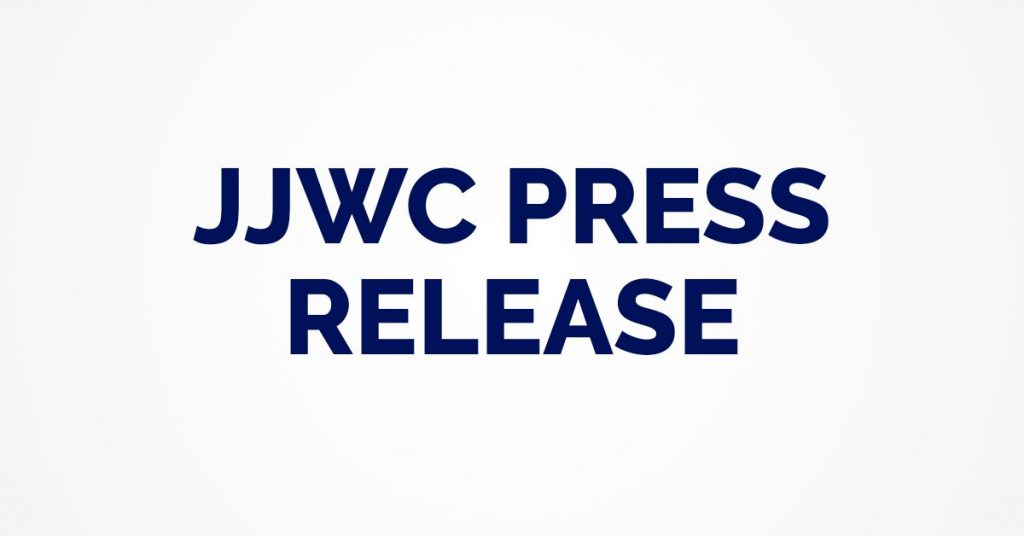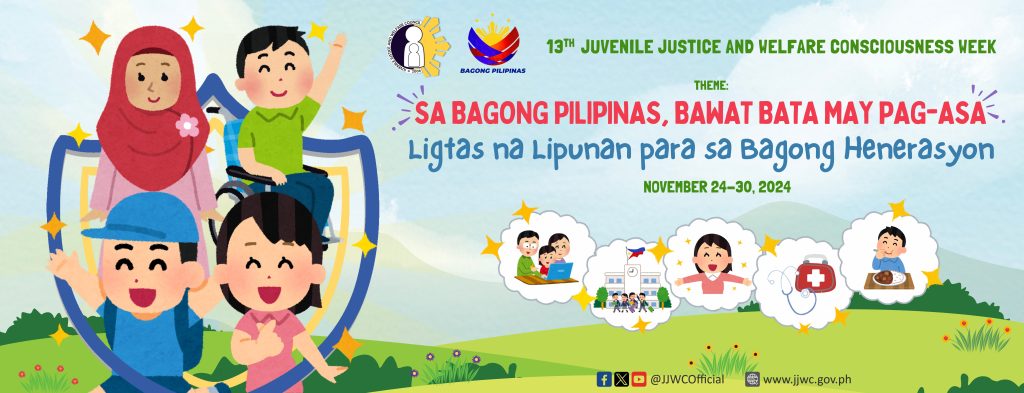“The Juvenile Justice and Welfare Act as amended promotes responsibility and accountability among children who commit offenses through a child-appropriate and restorative justice approach,” said Executive Director Tricia Clare A. Oco of the Juvenile Justice and Welfare Council (JJWC).
Republic Act (R.A.) no. 9344 or the Juvenile Justice and Welfare Act (JJWA) as amended by R.A. 10630 is an act that established a comprehensive juvenile justice and welfare system. It covers the different stages involving children at risk (CAR) and children in conflict with the law (CICL) from prevention to rehabilitation and reintegration.
Atty. Oco emphasized that “with JJWA, we have adopted the principle of restorative justice wherein the maximum involvement of the victim, offender, and the community is at the core of resolving conflicts.” Under a restorative justice approach, obtaining reparation for the victim; reconciliation of the offender, the offended, and the community; and reassurance to the offender that they can be reintegrated into society are the main goals.
The act focuses on the prevention, welfare, and rehabilitation of the children as it provides juvenile delinquency prevention programs at the local level, prohibits the detention of children in jails, introduces community-based diversion programs for children who commit non-serious offenses, and strengthens rehabilitation, reintegration, and aftercare programs.
“The JJWA also ensures that children do not go scot-free for the offenses they have committed. It specifies child-appropriate procedures to make children accountable, both for minor and serious offenses, and reflect on and better their behavior”, Atty. Oco said.
Further, the juvenile justice law is focused not only on the CICL but also stipulates for the welfare of the victims. JJWA provides for intervention programs to the victims and their family such as but not limited to legal assistance and psycho-social intervention by the appropriate agencies.
“JJWA is a child protection measure. As duty-bearers, implementers, and stakeholders, we need to look into the circumstances that they are subjected to in order to fully understand their behavior and provide the appropriate programs and service to address the issues and ensure the full protection of their rights for survival, protection, development, and participation,” said Atty. Oco.





